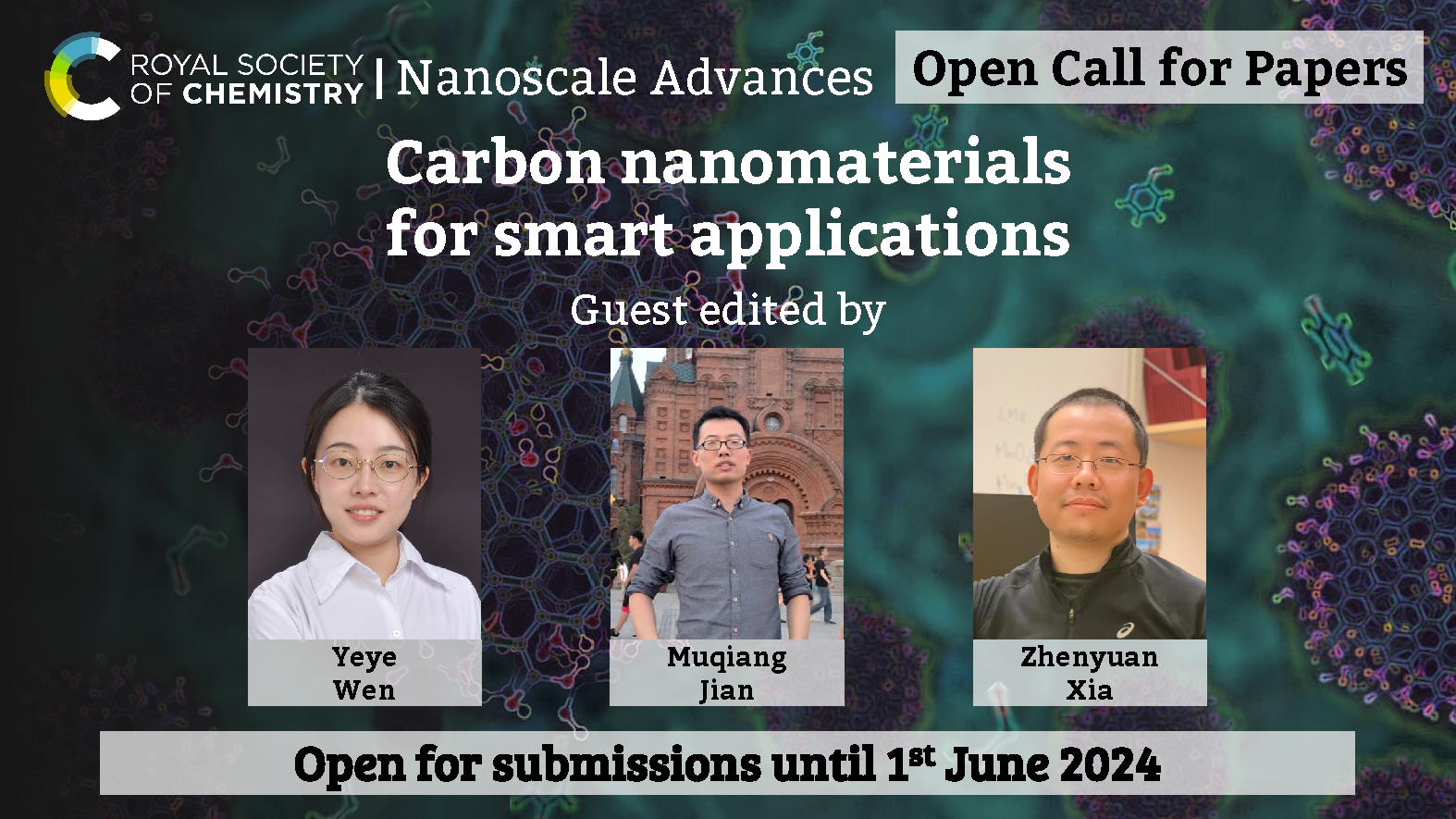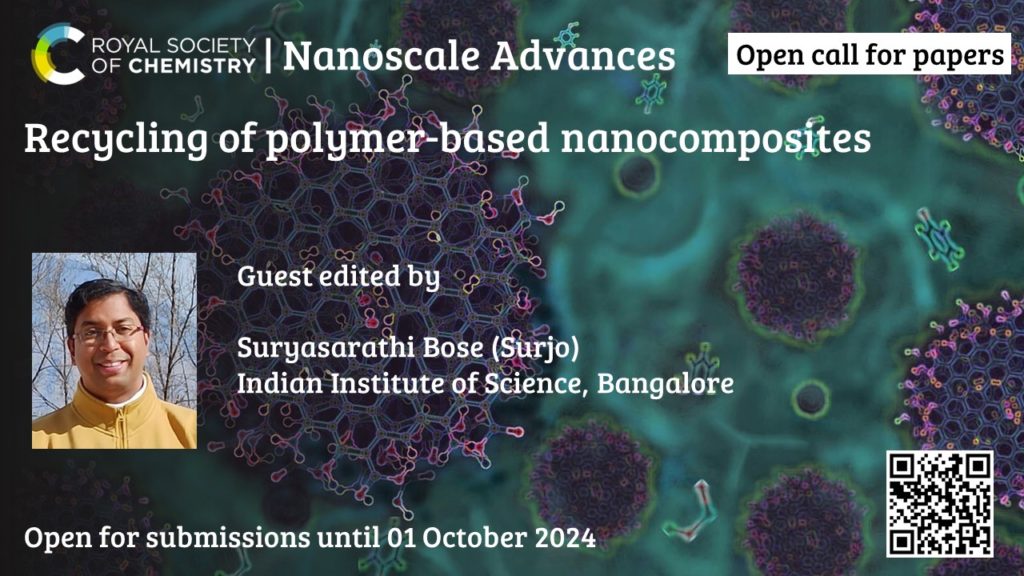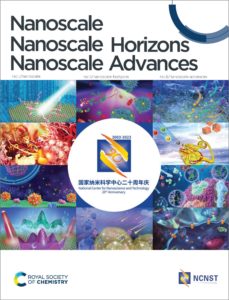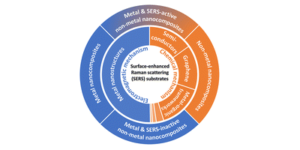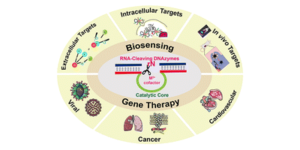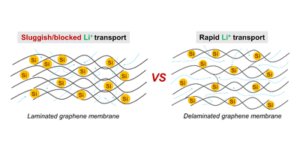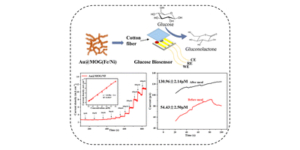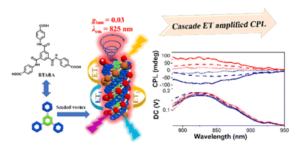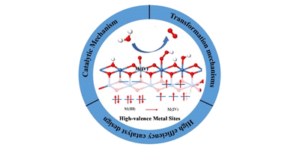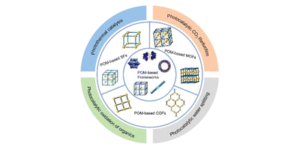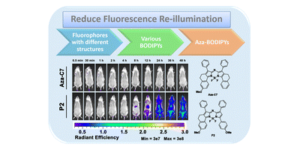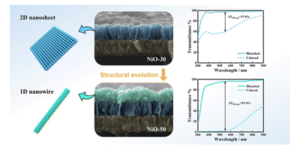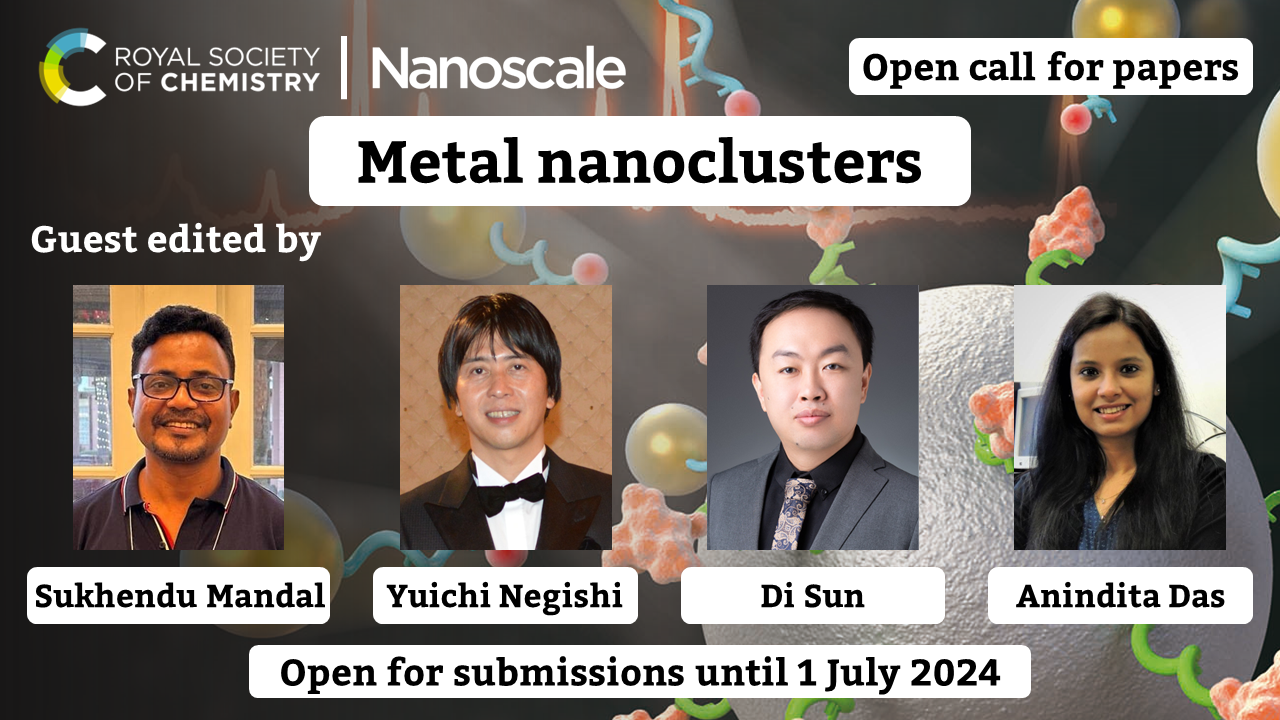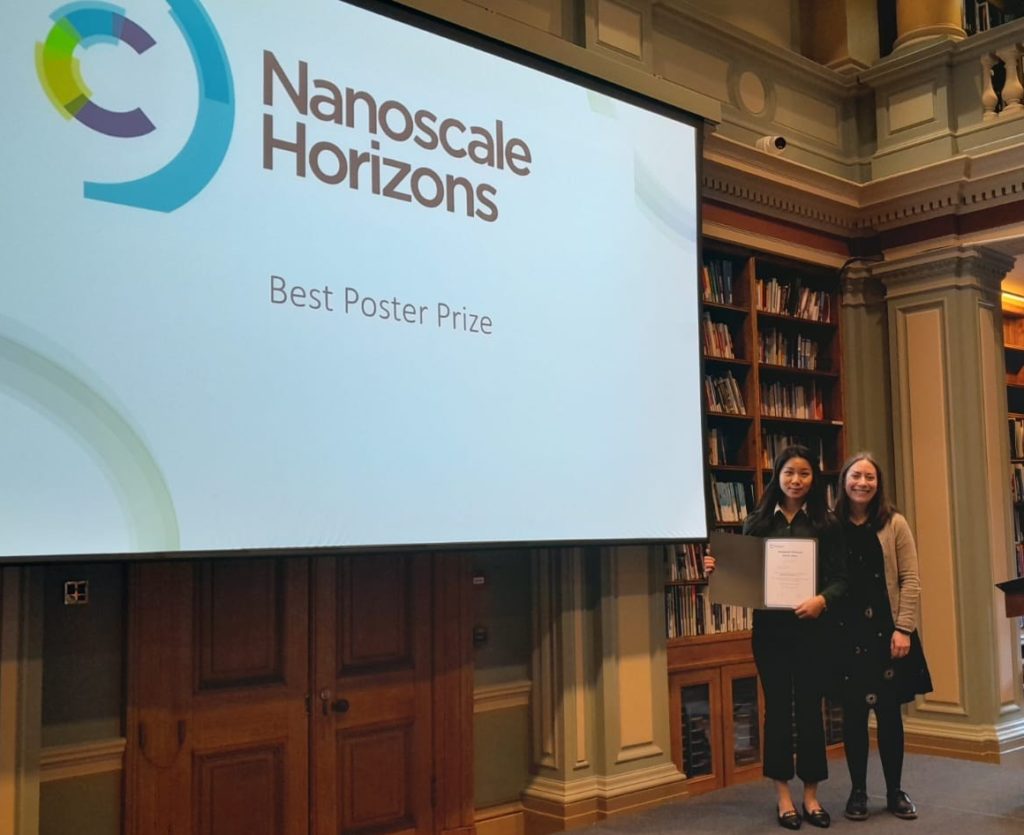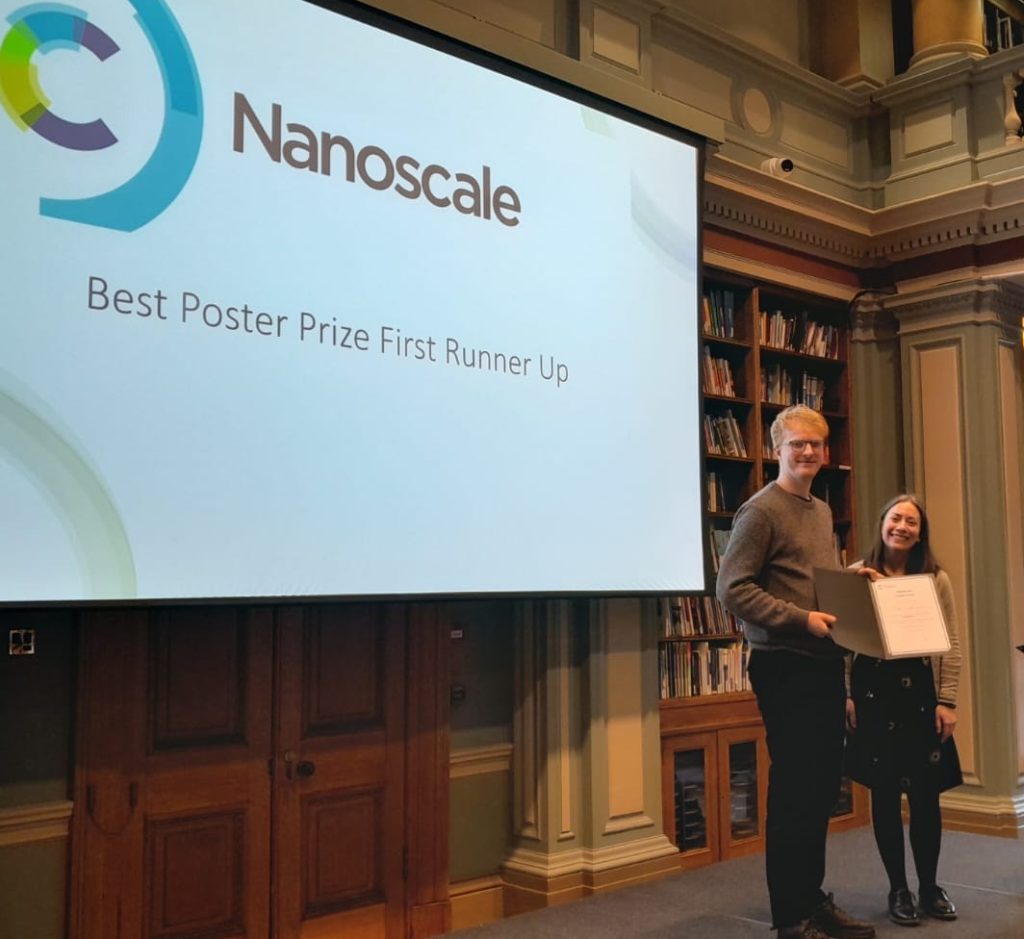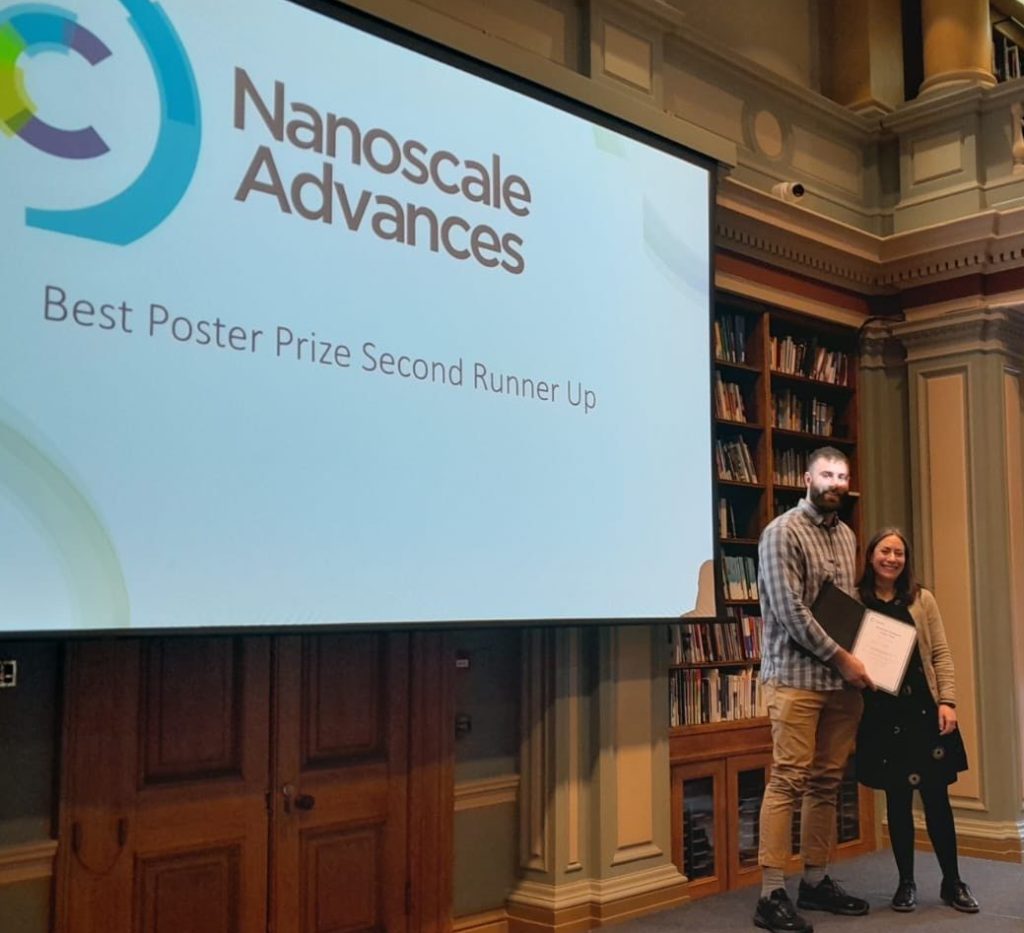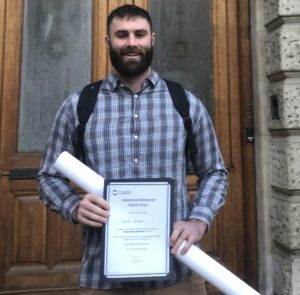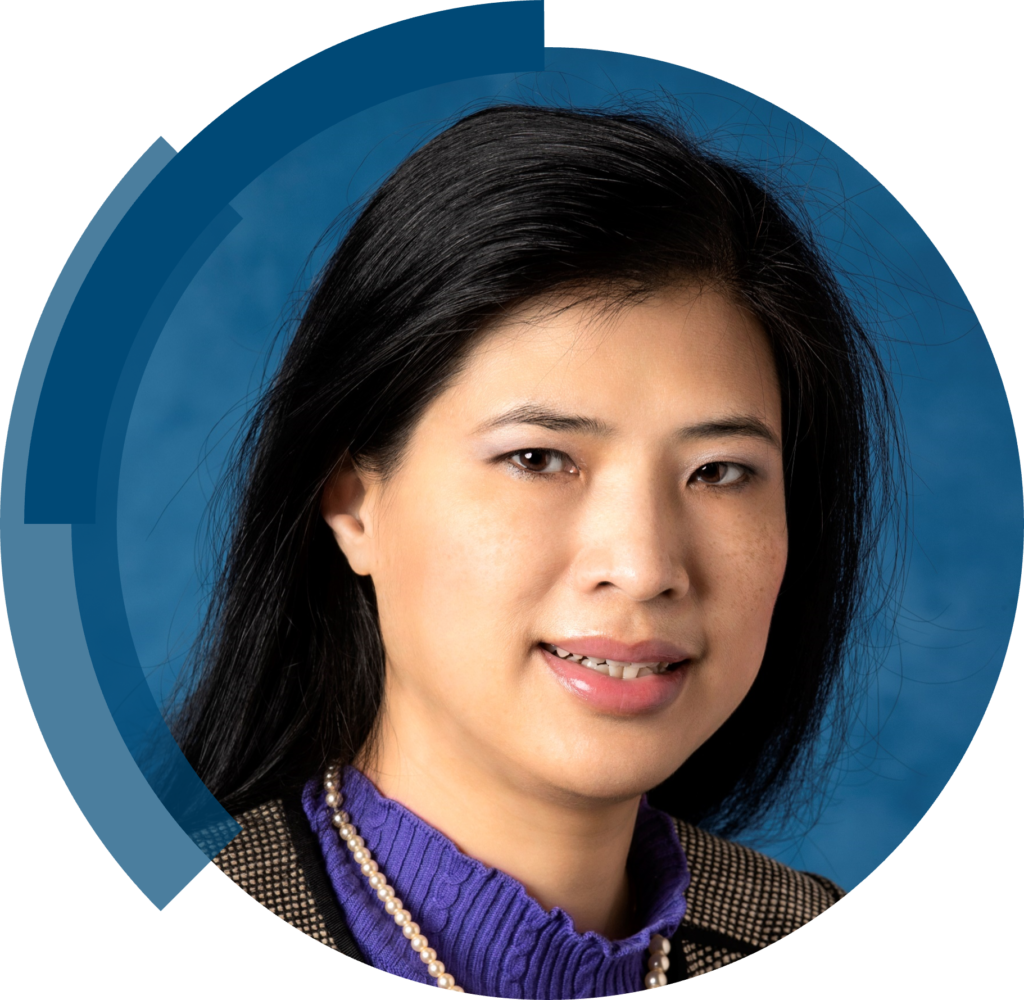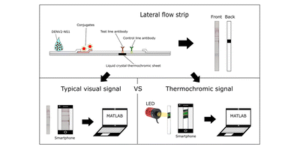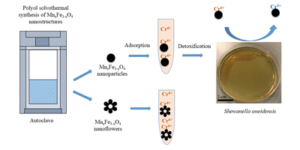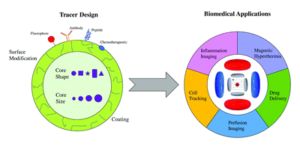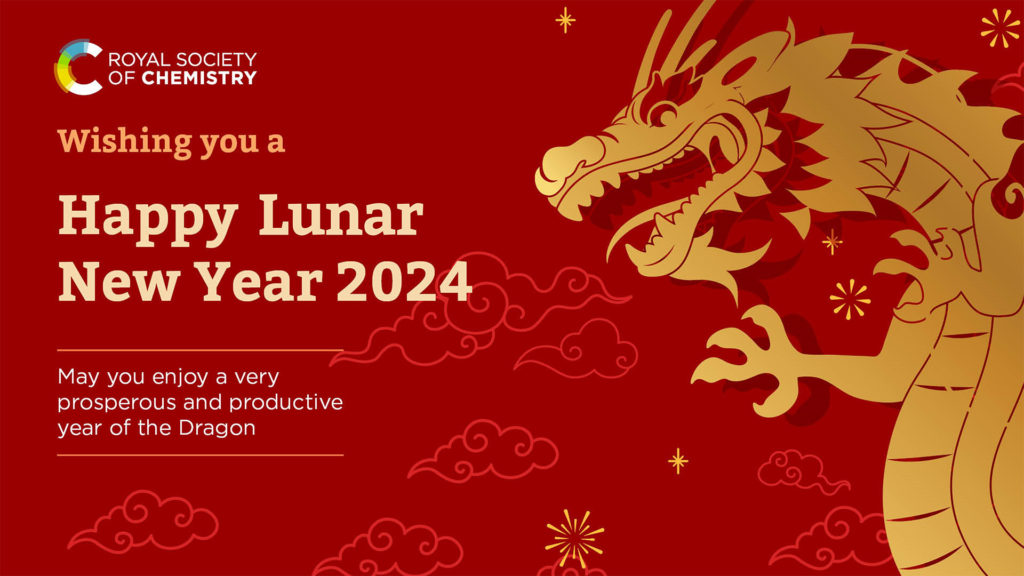We are delighted to announce an open call for papers to our new themed collection on Carbon nanomaterials for smart applications.
Carbon nanomaterials with interesting properties have become more easily accessible with rapid research progress in the field, leading to their increasingly widespread use for materials development and applications. This themed collection broadly focuses on carbon nanomaterials for smart applications including (but not limited to):
- Design and synthesis of carbon nanomaterials
- Assembly of carbon-based smart nanostructured materials
- Fabrication of carbon nanomaterials and polymer composites for smart textiles
- Graphene and CNT-based smart composites for energy harvesting and storage devices
- Smart carbon-based materials for biomedical sensors and drug release systems
- Carbon-based thermochromic and electrochromic hybrid materials
- Carbon-based smart materials and composites for water purification
- Carbon nanomaterials for smart thermal management
- Carbon nanomaterials for actuators (e.g., artificial muscles)
Submit before 1st June 2024
If you are interested in contributing to this collection, please get in touch with the Editorial Office
Nanoscale Advances publishes quality research across the breadth of nanoscience and nanotechnology. It has an impact factor of 4.7 (Journal Citation Reports 2022, Clarivate Analytics).
Please note that article processing charges apply to all accepted articles submitted to Nanoscale Advances unless you have an institutional agreement with the RSC that covers publication in our gold open access journals or if you are eligible for a waiver. More information about charges, discounts, and waivers are available here. Corresponding authors who are not already members of the Royal Society of Chemistry are entitled to one year’s Affiliate membership as part of their APC. Find out more about our member benefits.
Yours sincerely,
Yeye Wen
Guest Editor,
Beijing Institute of Technology, China
ORCID: 0000-0001-6902-7234
Zhenyuan Xia
Guest Editor,
Chalmers University of Technology, Sweden
ORCID: 0000-0003-2227-3598
Muqiang Jian
Guest Editor,
Beijing Graphene Institute, China
ORCID: 0009-0006-5380-1962
Zifei Lu
Assistant Editor, Nanoscale Advances
Royal Society of Chemistry
ORCID: 0000-0002-6710-2808


